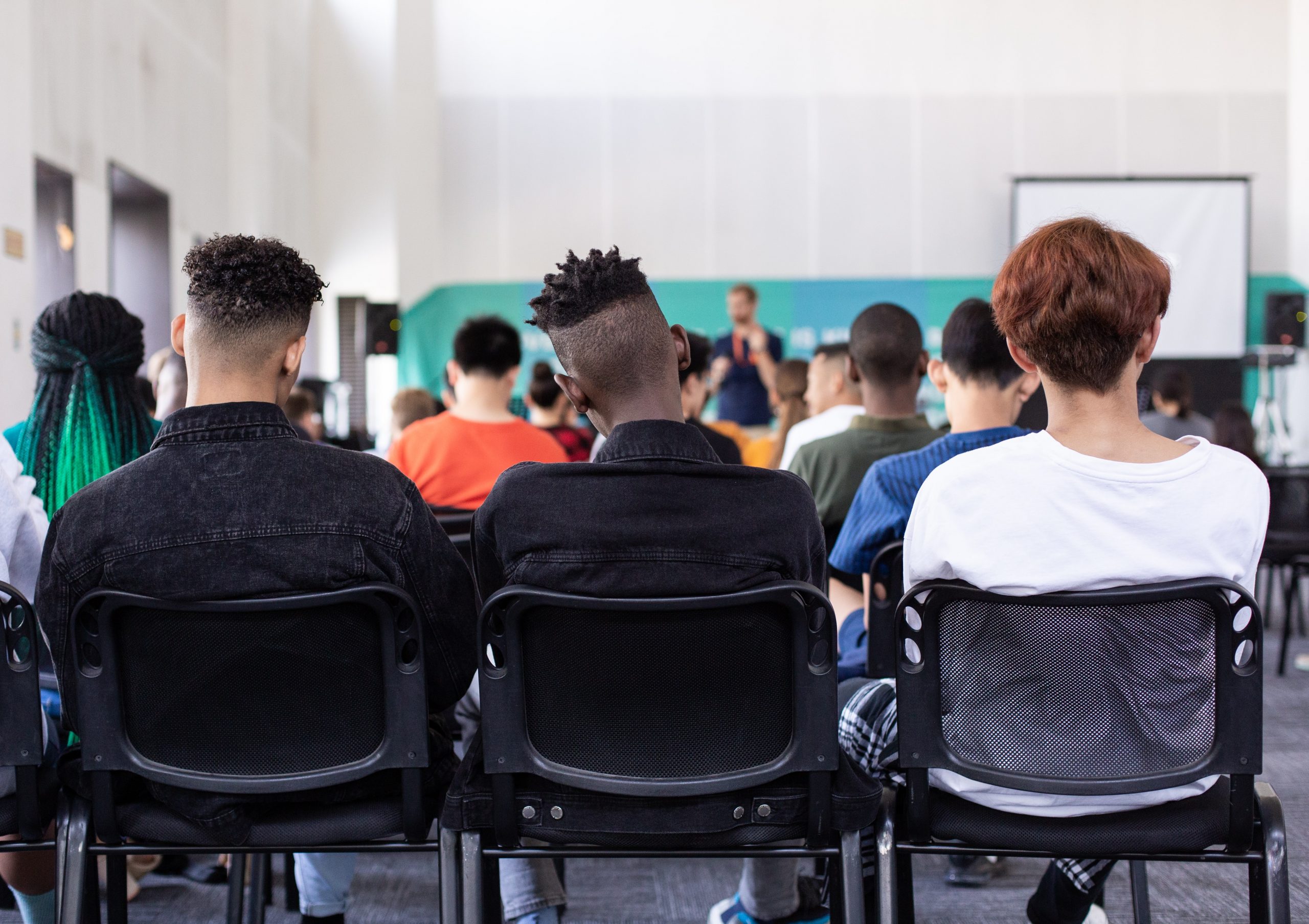Unconscious bias training continues to appear on both news and company agendas alike. As businesses strive to be more inclusive, they are too often turning to training to deliver quick fix solutions that, unfortunately, do not exist. Where training such as this fails, coaching is the ongoing commitment to tackle issues head-on, allocating time and attention and going far beyond a box-ticking exercise.
The initial intention of unconscious bias training was to help participants recognise when they might be acting or behaving on the basis of ingrained bias. Courses will likely go on to offer guidance on those biases and how to counteract them. They can differ based on the seniority of attendees but at their core, most are the same, and most are ineffective. Companies have flocked to book on to this training, data from McKinsey shows that worldwide companies now spend over $8million on it every year, but that doesn’t mean it’s working. According to a 2018 report by the Equality and Human Rights Commission on the effectiveness of unconscious bias training, there is little evidence to suggest that it can alter or change behaviour. A 2020 ministerial statement backed this stating, ‘attitudes and behaviours are each driven by different psychological systems, so a single intervention is unlikely to impact effectively on both’.
Ineffective training
Unconscious bias training recently came under fire after students at Somerville College, Oxford University, were instructed to complete a 30-minute lesson to address unconscious biases within the institution. The online class was followed by a test in which students had to score 100%. Students also reported that the test was clearly not designed to be challenging and included questions such as ‘what is bias?’ Of course, this wasn’t the first-time unconscious bias training was put under the microscope after the government scrapped it for civil servants last year.
This is a serious issue, while the training fails the biases rage on. In many organisations, the processes in place, from the point of recruitment through to progression to the very top, remain favourable to a select group of individuals, rooted in bias. Data also shows that while women are just as likely to ask for promotions as their male counterparts, they are 18% less likely to receive them. Employees from BAME groups also reported feeling overlooked for progression.
The problem with unconscious bias training such as that at Oxford University is that they barely scratch the surface. A bias that is not even yet addressed by the individual cannot be solved by a thirty-minute, box-ticking online class, and a trivial certificate upon completion. This type of training certainly does not drive sustainable, systemic cultural change in organisations. Undergoing this type of training should not be a performative exercise, the real challenge is what follows. If you complete a session and go on to express biases unchecked, what do you do next?
It is time to move from unconscious training to an ongoing environment of conscious, inclusive, coaching.
The case for coaching
In essence, training is about transferring knowledge while coaching is an enriching, deeply engaging experience, it is developing this knowledge and enhancing it, often with real-world experience. Training can be a good way to share information with a group, but the sessions are typically devoid of interactive elements, and humans do not remember well. Research shows that an average of 50% of the information received in a presentation is forgotten within one hour, and after 24 hours an average of 70% is gone. With any new skill, the real learning is in the doing – ideally with the support of a coach to embed positive ongoing behavioural change.
Coaching can begin with training of sorts, for example a session to examine where biases come from and the basics of how to challenge them, but it does not end there. The term ‘unconscious bias’ refers to deep-rooted and cultural stereotypes that negatively impact people. To hold biases is human nature, so conversations to identify and challenge them can get uncomfortable. Staff should be encouraged to approach these without a rush to perfection. The most fundamental part of unconscious bias coaching is to offer a safe, non-judgemental space for people within the organisation to talk about discrimination at all levels. A good coach will not be grading participants as if addressing such nuanced ideas can be a pass or fail exercise.
A continuous journey
In coaching, you advocate slow thinking and a process of questioning and scrutinising your own belief system. Ideally, groups of participants involved in coaching will have diverse experiences to share, creating a melting pot of varied discussion and shared learning. Expose participants to difference and lots of it. Engaging with external resources such as books and media can also be useful to hear alternative perspectives at an individual pace. The key with coaching is it is an ongoing journey where teams can engage with existing knowledge while widening their understanding.
While basic testing is counterproductive, through a combined approach, it is possible to measure the impact and further need for coaching. In the planning stage, think about how you are approaching the participants, are employees mandated to participate? If so, employees may be less likely to engage with the content and may resent it. While making a session optional may lower attendance, it can be an effective gauge on how your employees feel about the issue, and this is what you need to tackle first. The purpose of the coaching is not to fruitlessly display the company’s values, but to educate staff and improve the company culture for those working in it. As the programme of coaching continues, maintain the open dialogue among staff and carry across the non-judgmental environment of the coaching room so employees can honestly report on the efficacy of the coaching. Use this information to inform every decision on further coaching and fuel the continuous drive for an inclusive workplace.









